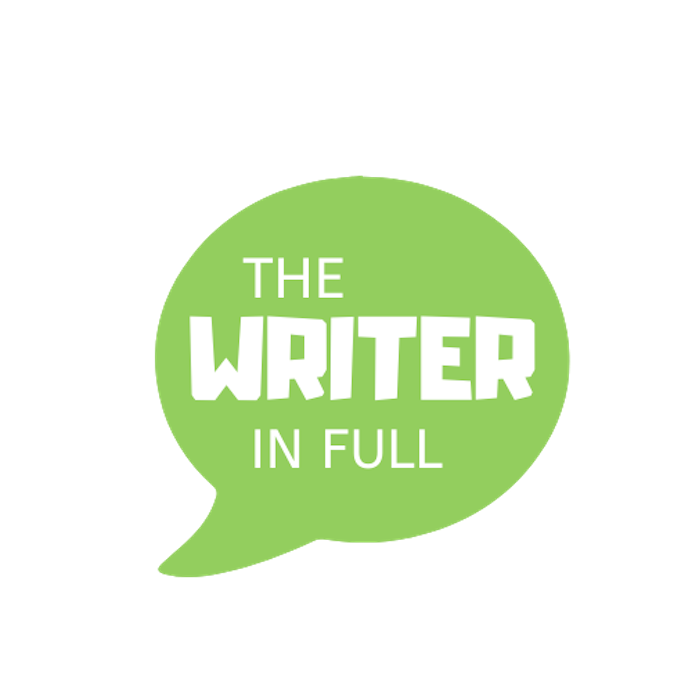Catch You Later?
Some books and authors come to you too late.
It’s sad and it’s also just plain inevitable.
My book-too-late was Catcher in the Rye, the gold standard for teen angst literature, originally published in 1951.
I finally got around to reading it when I was well past the wilds of own teenage rebellion, at age 25.
I was living in South Korea by then, in the throes of deep culture shock, and desperate for a little literary escapism. Catcher was one of just a few English-language selections available at the large city bookstore I visited, and I’d somehow gotten all the way through high school without ever being assigned it in English class. (Not that I probably would have read it anyway, due to the aforementioned teenage rebellion thing.)
Then seemed as good a time as any to plug this lamentable gap in my American Letters education, it being a classic and all.
I’d always had a rebellious streak, just like Holden Caulfield, the novel’s salty anti-hero. And a year in a very foreign country had fanned the flames of a lifelong sensation of being an Outsider, frequently misunderstood.
What wouldn’t there be to like?
I brought the slim novel home and tore in eagerly, finishing it in a day or two.
And I was … underwhelmed.
The writing was good, of course, the characters compelling.
But it just didn’t … hit very intensely.
Like one of those big windup sneezes that dwindles to a small sputter at the last second for no good reason, it left me disappointed and grappling with expectations I didn’t even know I’d had until they weren’t met.
I kept asking myself, “That’s it? Why all the fuss?”
I didn’t connect with Holden and his surly, at-odds worldview, despite the fact that I’ve always had a thing for underdogs, misfits, and miscreants of all sorts.
The storyline felt thin, the conclusion, unsatisfying.
But it probably wasn’t the book, which is widely viewed as an essential 20th century novel, transformative and ahead of its time, the template for so much that came after.
Nah, it was most definitely me.
I was already too old to receive the message. Too conditioned and settled and placated by grown-up things.
That golden window of opportunity, in which I was living through the adolescent struggles the story sought to pin down, had long since been shut and locked and painted over with a fresh coat of sunny yellow acrylic.
So intense was my underwhelm that one evening, as we rode a subway into central Seoul, when a friend asked me, “What’s it about?” I answered her by beginning to rehash the plot.
She quickly cut me off: “No, like, what’s it about?”
What a question!
I couldn’t answer her, despite the fact that deep and overwanking analysis of literature is pretty much my favorite thing ever. I thought about the scene from the book where Holden is riding the New York subway to his old teacher’s house, shivering from cold, and grappling with the sensation that he might disappear entirely at any moment.
Something essential was eluding me, but I didn’t feel invested enough to even really care. I shrugged my shoulders and stared out at the twilit mega-super-opolis rushing past. Everything was moving so fast. There was something wise and profound to say, but what was it? I had no idea.
For shame!
I tried to read a few more JD Salinger books later in my 20s and had similarly flaccid reactions. It was a bummer, but soon enough, stories of the author’s own alleged pedophiliac tendencies and shit parenting had bubbled up from the depths of the defunct 20th century, so I stopped blaming myself, blamed him instead, and got the hell on with my boring grown up life.
Some books — and some authors, as well — just come to you too damned late. And when they do, why waste time pretending it is otherwise? I don’t know for sure, but I feel like that’s a self-preservation strategy Holden Caulfield himself would heartily endorse.





